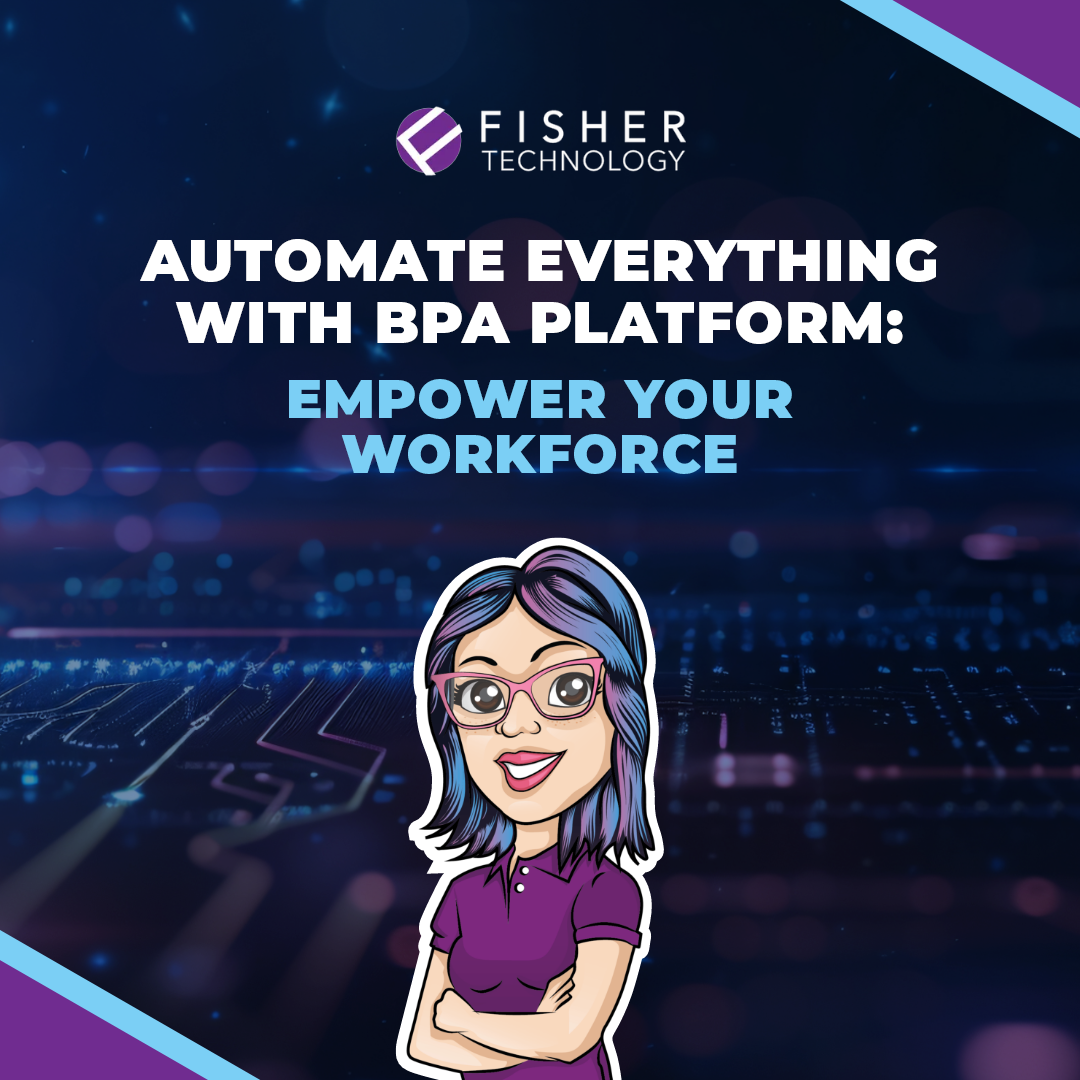8 Suitcases and a Dream!
8 Suitcases and a Dream
It was cold the morning of February 9th 2006 when a family of four set off on a British Airways flight from London Heathrow to Miami, Florida. With them they carried 8 suitcases that contained treasured possessions and some summer clothes to last them a couple of months until the rest of their belongings would arrive on a container ship.
And in their hearts they carried a dream. The dream of living in the USA and building a business. And the scary reality that this decision would change all of their lives.
This is the story of the humble beginnings of Fisher Technology, LLC. Paul (CTO) and his wife Nicole (VP Sales & Marketing) had been appointed as the North American Distributor of TaskCentre authored by Orbis Software and they were going to be opening an Office in Boca Raton.
They had no contacts in the technology field in North America. All they had were a list of names and contact numbers of organizations who had expressed an interest in learning about business process management.
The initial goal of the business was to recruit Reseller Partners to sell TaskCentre to their end user customers. Over the first year patterns emerged of the markets where the solution fitted well, and Reseller Partners who resold SalesLogix (Infor CRM) and Sage MAS 90/200, 500 (Sage 100, Sage 500, X3) started to sign up.
As time passed and enhancements were added to the product, new markets such as SAP Business One, Dynamics AX and NAV opened up and more Partners from those channels joined the growing list of our Partners.
About 2 1/2 years ago when the web service tool was added to the toolset, we found there was a paradigm shift in focus for our partners and for the customers that they served. Now, we were able to offer integration. This was a totally new arena for us and we soon found a niche with integration between ecommerce and ERP and marketing automation and CRM.
We also found that many of our Partners did not want to get deeply involved in this integration process as it took away from their main focus. So we developed 'out of the box' standard solutions that could be delivered by our in-house team.
When I look back at our journey, I realize how much has changed in the business world. The changes have not just been in the direction of our business; but in the way all business is now conducted. When we started in 2006, cold calling and telemarketing was an accepted way of opening doors, and networking was done at Trade Shows or local business events. Inbound marketing and social media were something that did not exist. Everyone used Blackberries and apple phones had not become ubiquitous! No one talked about apps, Instagram, Facetime, Snapchat, LinkedIn or Facebook - these were still someone else's dreams that had not (yet) taken the business world by storm!
As I look back at all the business connections and friendships that we have made through our Partners and Customers l feel grateful.
I have learned so much by this experience. I have learned that not only do you have to be driven; but you also have to grab opportunities by the hand, extend your reach and come out of your comfort zone, and when you do this with determination and teamwork you can face all challenges head on and with a smile!
How else will you have a story that started with '8 Suitcases and a Dream"? And the next chapter on the journey for Fisher Technology, LLC is just starting to be written!
February 9th is a special date for us, it is the day we as a family celebrate the beginnings of our dreams coming true.
To all our Partners and Customers and the team at Codeless Platforms (Orbis Software Ltd) who have been with us on this journey, we would not be where we are today without all of your partnership, friendship and support. Thank you.
**Update February 2018. 2 more years have passed in the blink of an eye! Orbis Software re-branded in May 2017 and are now known as Codeless Platforms. As part of the rebranding, TaskCentre was renamed BPA Platform and Applications Platform was launched.




